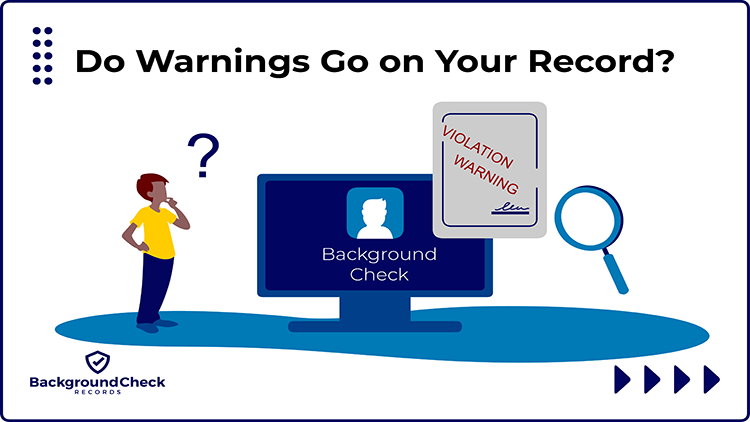Marriage Background Checks: See if Someone is Married Free
Marriage is a huge stepping stone in any relationship and before tying the knot, prospective spouses can mutually benefit from a marriage background check regardless of the false notion that background checks imply a lack of trust.
Despite what others may say, a premarital investigation shows that partners care enough about each other in order to get everything out in the open and make the holy matrimony successful long-term.
Sure, premarital background checks can uncover someone’s secret past lives or divorces, but they can also ensure holy matrimony is for life, and that tying the knot is beneficial to both parties long-term.
Premarital Background checks can return a great deal of information depending on the state’s repositories, open record laws, the thoroughness of the background check, and what information is available online.
A prospective spouse, for example, might be interested in a partner’s marriage, family, or divorce history, whether the partner has a criminal past, the partner’s dents and finances or ownership of businesses and property, or the partner’s professional and educational certifications.
The issues that are important to a prospective spouse will then guide his or her prenuptial background check research strategy and the types and thoroughness of the analyses that will be performed.
Does Marriage and Divorce Show Up On a Background Check?
One purpose of doing a marital background check is to ensure there were no previous, undisclosed marriages or divorces. Through vital records, private citizens can search public marriage records and divorce records, but because those public records are maintained at a county or local level, the accuracy of the results varies from locale to locale.
Further, some states restrict the availability of marriage records to third parties or allow the parties to a marriage to opt-out of allowing their marriage information to be available through a local state or county database.
So yes, marriage and divorce records may show up on a background check but it’s determined by the laws surrounding vital records in any given state.
Other Details Spouse Background Checks Reveal
Conducting a premarital screening on a future spouse can reveal more than whether or not the person was previously (or currently) married.
Other potential secrets that may be uncovered during a marital screening include:
- Criminal History: A prenuptial background check can reveal if a person was convicted of a criminal offense in the past. This can be particularly helpful in cases involving domestic violence, sexual assault, and drug convictions.
- Civil Court History: Running a premarital background check can reveal if any liens or civil action has been entered against the subject. This could include child support obligations, small claims suits, or other civil actions.
- Bankruptcies: If the subject has filed for bankruptcy in the past it can show up on a premarital background check.
- Credit History: A premarital background check can reveal credit history and show any outstanding debts the person has.
- Property Holdings: Property tax records reveal what kind of real and personal property (such as vehicles, motor homes, boats, or other taxable items) the subject owns.
- Identification Verification: A premarital background check can also be used to verify the identity of the subject since it’s not uncommon for swindlers to hide their identity for years if necessary. So if you’re not 100% of your spouses identity and want to find someone’s middle name, it surely can’t hurt to verify who they actually are.
- Social Media: The background check can also show social media usage alerting a person if their spouse-to-be has secret social media profiles, such as dating profiles.
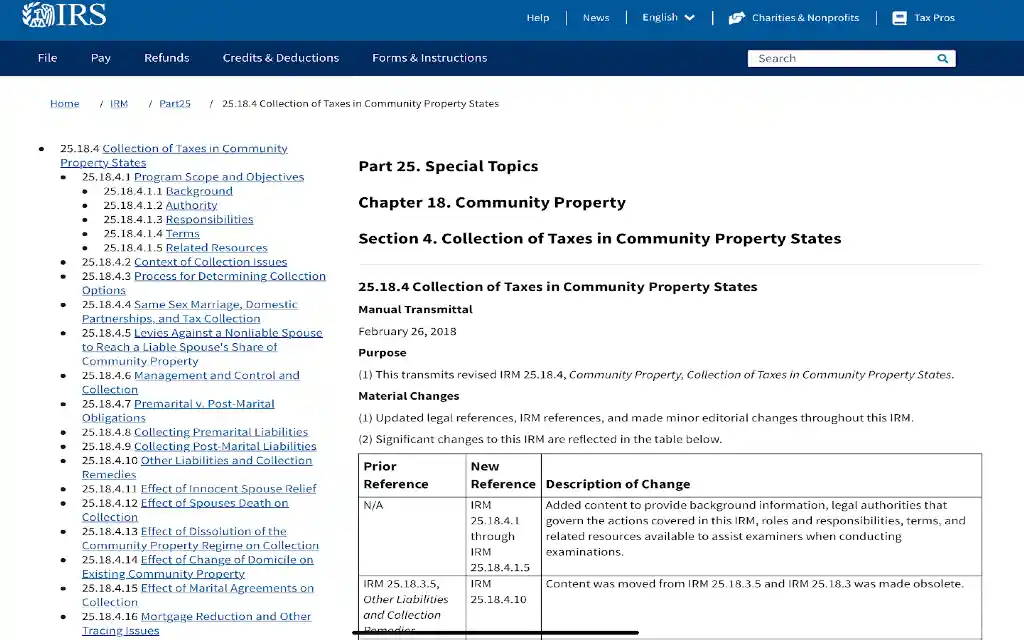
Should I Run a Premarital Background Check On My Prospective Spouse?
Running a premarital background check is not for everyone, but it does have its advantages and doesn’t necessarily imply a lack of trust. Whether or not there are doubts or the bride or groom-to-be notices some red flags, a pre-marriage check can help find out what secrets, if any, are being kept.
Ultimately, learning more about a potential spouse can help alleviate heartaches later on, and may help prevent the marriage from ending in divorce.
Should You Run a Marriage Background Check On Your Wife or Husband?
Sometimes red flags aren’t noticed until after the “I dos” have been said. In that case, where there are suspicions, a premarital screening may be in order. Spouse background checks can reveal if one party has undisclosed debts, secret personal associations (secret family), or other activities that can damage a marriage.
Thus, a marriage background check can provide peace of mind.
Top Reasons To Run a Premarital Background Check Before Marriage
There are several benefits to running a background check prior to heading to the altar. These benefits include protection from a potentially violent spouse, ensuring one doesn’t marry a spouse who was convicted as a sexual predator, saving money, revealing hidden debts, establishing financial security, and learning about past substance abuse issues.
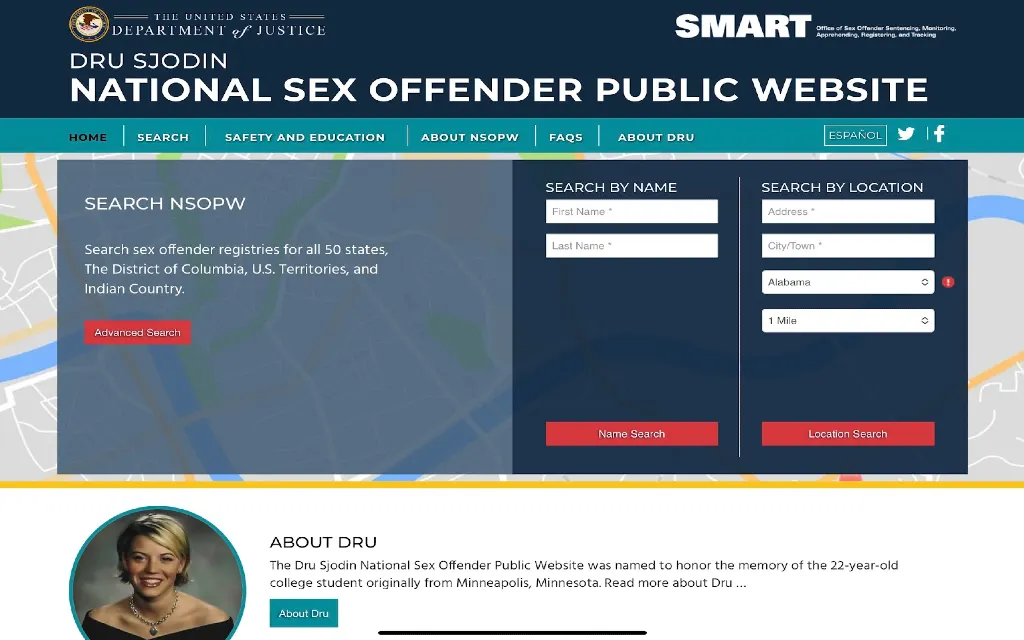
Be Sure You’re Not Marrying Someone Convicted of Violent Crimes
Finding out a potential life partner has been convicted of a violent crime can be a deal breaker for many. A premarital background check can reveal if the subject has been convicted of domestic violence, sexual assault, child abuse, or animal abuse, as well as a history of weapons used in the commission of crimes.
The Dru Sjodin National Sex Offender Registry is one method of doing a quick, easy online search to see if someone has been convicted of a sex offense anywhere in the United States and its territories.1
Avoid Paying a Loved One’s Hidden Debt
Many people don’t reveal all their debt to a soon-to-be spouse, and this can create a great deal of tension in a marriage. While legally a person is not responsible for debts their spouse incurred before marriage in most situations, those debts still impact both parties by creating a financial burden.
If either party owes a federal tax (along with any penalties) debt, the IRS may collect from either spouse in states that have community property laws unless there is a prenuptial agreement that specifically addresses property division.2
Ensure Your Soon To Be Spouse is Financially Secure
Just like hidden debts, some individuals don’t reveal if they have a poor credit score or have filed for bankruptcy in the past. This information can impact the couple’s future regarding buying a home, purchasing or leasing vehicles, leasing an apartment, or any other activity that requires a credit check.
Bankruptcy records can be searched through the Public Access to Court Electronic Records (PACER) through the United States Federal Court System.3
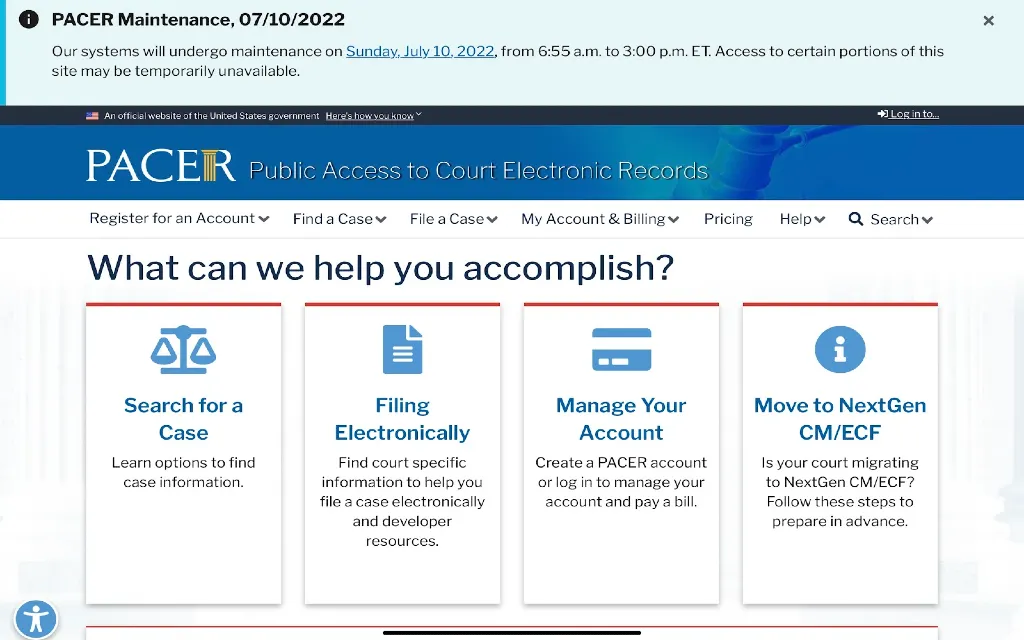
Learn About Past Drug Problems That Could Ruin a Couple
Drugs can create a lot of damage in a family, and learning a future spouse has convictions for drug-related offenses can be a deal breaker for many. Issues that could arise from past drug problems include relapse, criminal charges, and financial strain for treatment.
Records that will show substance abuse history include criminal convictions for drug-related offenses or DUI/DWI convictions. Treatment-related records are considered protected under HIPAA’s guidance for mental health and substance abuse treatment facilities.4
There are two basic ways to conduct a premarital background check. The first is for the individual to dig through each individual public record in the hopes the information is revealed. This can be very time-consuming, and may not generate any information due to there being several agencies to check with, and if the person has lived in other states or counties. However, here are some places to look for criminal records, court records, prisoner records and offender registries:
- State law enforcement agencies. Depending on your state, this may be the State Police, the Department of Public Safety, the Bureau of Investigations etc. Simply search your preferred search engine for “[State] criminal record search” and sort through the government websites. Here is a list of states and their law enforcement agencies that can be contacted. There is typically a small fee for these searches but some states have free felony checks.
- The county clerk of court, county district court, or county circuit courts. The clerk handles general inquires and is one of the primary record custodians for criminal records. The district and circuit courts generally host and distribute criminal records too. You can search for “criminal or county courts near me” to see which ones are nearby and most have public access terminals for in-person requests and/or online search portals.
- The Department of Corrections for state prisoner records, and the Bureau of Prisons. State prison information may show if someone is on probation in some states and current prisoners. Federal prison records has historical information and current inmates.
- The National Sex Offender Registry, drug registries, violent offender registries and others. The sex offender registry is self explanatory but some states also have other types of registries. For example, Tennessee has a Drug Offender Registry, Oklahoma has a Meth Registry, and Utah has a White Collar Crime Offender Registry. There are many more ranging from elder abuse, violent crimes, child abuse etc. Simply search for “[State] offender registry” to see what your state provides.
The second method is to use a third-party search service that has access to databases nationwide and can return a comprehensive report in minutes.
What’s the Best Way To Check If My Spouse or Prospective Spouse Has Been Married or Divorced?
Finding marriage and divorce records can take time, and not every state has open records laws. Some states only make these records public after a set time frame has passed (anywhere from 25-50 years in most cases).
The three main ways to locate marriage or divorce records are:
- Contact the vital statistics office in the state where the marriage occurred. The vital statistics office will either have an online portal to request records (or search records) or will use VitalChek as the required method of requesting records. Not every state utilizes VitalChek for public record dissemination.
- The county clerk of court’s office or register of deeds office where the marriage license was granted may provide the information requested. Divorce records are also usually maintained by the court clerks where the action was filed. These requests can sometimes be done online or in person.
- Utilizing a paid third-party search site or a private investigator may be the best option for detailed records, especially in states that do not make marriage and divorce records public information.
A list of where to start searching for marriage and divorce records in each state is provided in the table below:
| State |
Marriage Licenses |
Fees |
Divorces |
Fees |
| Alabama |
Alabama Center for Health Statistics |
Search fee: $15, Each additional copy $6 |
Alabama Center for Health Statistics |
Search fee: $15, Each additional copy $6 |
| Alaska |
Alaska Division for Public Health |
Certified copy $30 ($25 for additional copies) |
Alaska Division for Public Health |
Certified copy $30 ($25 for additional copies) |
| Arizona |
Superior Court Clerk in the county marriage took place. |
$30 for the initial document, an additional $30 for research if the individual making the request does not know the year the marriage took place. |
Superior Court Clerk where the action was filed. |
$30 fee to certify the document, copy fee is $0.50 per page. |
| Arkansas |
Arkansas Department of Health |
$10 per copy. When ordering through Vital Records, an additional $5 is charged along with an identity verification fee of $1.85. |
Arkansas Department of Health |
$10 per copy. When ordering through Vital Records, an additional $5 is charged along with an identity verification fee of $1.85. |
| California |
California Department of Public Health The DOPH can only provide records of public marriages in the years 1905-1999 and 2008-2020. The County Recorder’s Office handles the remaining. |
$17 for a certified copy |
California Department of Public Health only maintains records of divorce (not the actual divorce decree) for dissolved unions from 1962 through June 1984. The Superior Court Clerk handles the remainder. |
$16 for a certified copy. |
| Colorado** |
Colorado Department of Public Health and Environment maintains records of marriages from 1900-1939 and 1972-present. |
$16 per record |
Colorado Department of Public Health maintains records of divorces 1899-1974, broken down by county. Divorce records are confidential and not available to the public via online searches per Colorado Statute C.R.S. 25-2-117. |
$16 per record |
| Connecticut |
VitalChek |
$20 |
Superior Court Clerk where action was filed. |
N/A |
| Delaware* |
Delaware Code § 3110. Disclosure of records. |
N/A |
Family Court where the action was filed. |
$1 per page plus $8 to fax record |
| Florida |
Florida Bureau of Vital Statistics or VitalChek. |
$5 search fee ($2 extra if the exact year is unknown), $4 for additional copies, $10 rush fee |
Florida Bureau of Vital Statistics or VitalChek. |
$5 search fee ($2 extra if exact year is unknown), $4 for additional copies, $10 rush fee |
| Georgia |
State Office of Vital Records for marriages on or after January 1, 2014. |
$10 search fee, $5 per additional copy |
Superior Court Clerk where the action was filed. |
N/A |
| Hawaii |
Hawaii Department of Health, Vital Records but only by parties with a tangible interest in the matter. |
$10 for the first copy, $4 for each additional copy, and $2.50 administration fee. |
Family Court Clerk where the action was filed. |
N/A |
| Idaho* |
Idaho Department of Health & Welfare or VitalChek |
$16 per certificate, VitalChek charges a $10.50 nonrefundable fee (plus $10 for rush orders and $19 for expedited shipping) |
Idaho Department of Health & Welfare or VitalChek |
$16 per certificate, VitalChek charges a $10.50 nonrefundable fee (plus $10 for rush orders and $19 for expedited shipping) |
| Illinois* |
Illinois Department of Health, Division of Vital Records |
$5 |
Illinois Department of Health, Division of Vital Records |
$5 |
| Indiana |
Indiana State Library website. |
Free |
Indiana court system |
Free |
| Iowa* |
Iowa Department of Public Health |
$15 |
Must be obtained from the county clerk of the court where the case was filed. |
N/A |
| Kansas** |
VitalChek |
$20 |
VitalChek |
$20 |
| Kentucky |
Kentucky Office of Vital Statistics |
$6 search fee |
Kentucky Office of Vital Statistics |
$6 search fee |
| Louisiana |
Maintained by the clerk of the court where the marriage occurred |
N/A |
Clerk of the court where the action was filed. |
N/A |
| Maine** |
Division of Public Health, Vital Records |
$15 for the first copy, $6 per additional copy |
Division of Public Health, Vital Records |
$15 for first copy, $6 per additional copy |
| Maryland |
VitalChek |
$23.75 |
VitalChek |
$23.75 |
| Massachusetts |
VitalChek |
$28-$59.50 |
Probate Court where the action was filed. |
N/A |
| Michigan |
VitalChek |
$58.50 |
VitalChek |
$58.50 |
| Minnesota |
Minnesota Official Marriage System (MOMS) |
Free |
County District Court where the action was filed |
N/A |
| Mississippi |
Mississippi State Department of Health |
$17 for the first copy, $6 per additional copy |
Chancery Clerk in the county the action was filed |
N/A |
| Missouri** |
Bureau of Vital Records |
$15 per copy |
Bureau of Vital Records |
$15 per copy |
| Montana |
Department of Health and Human Services |
$10 for the first five years of the search and $1 per year for each additional year. |
Department of Health and Human Services |
$10 for the first five years of the search and $1 per year for each additional year. |
| Nebraska** |
Department of Health and Human Services |
$16 |
Department of Health and Human Services |
$16 |
| Nevada |
County Recorder where the marriage occurred |
N/A |
County Clerk where the action was filed |
N/A |
| New Hampshire |
Division of Vital Records Statistics |
N/A |
Division of Vital Records Statistics |
N/A |
| New Jersey |
VitalChek |
$21 |
New Jersey Courts |
N/A |
| New Mexico |
County Clerk where the license was issued |
N/A |
Clerk of the court where the action was filed. |
N/A |
| New York** |
Department of Health |
$30-53 |
Department of Health |
$30-53 |
| North Carolina** |
Office of Vital Records |
$24 |
Office of Vital Records |
$24 |
| North Dakota |
County where the license was issued. |
N/A |
Clerk of the court where the action was filed. |
N/A |
| Ohio |
County probate clerk |
N/A |
Clerk of the court where the action was filed |
N/A |
| Oklahoma |
County clerk where the license was issued |
Free |
County clerk where the action was filed. |
Free |
| Oregon |
VitalChek |
$36.25 |
VitalChek |
$26.25 |
| Pennsylvania |
County courthouse where the license was issued |
N/A |
Prothonotary’s office where the action was filed |
N/A |
| Rhode Island |
VitalChek |
$35 |
Rhode Island Courts Public Portal |
Free |
| South Carolina |
VitalChek |
$25.75 |
VitalChek |
$25.75 |
| South Dakota** |
VitalChek |
$21.50 |
VitalChek |
$21.50 |
| Tennessee |
Office of Vital Records |
$15 |
Office of Vital Records |
$15 |
| Texas |
Department of State Health Services |
$20 |
Department of State Health Services |
$20 |
| Utah+ |
County clerk where the license was issued. |
N/A |
Clerk of the court where the action was filed. |
N/A |
| Vermont |
Vital Records Request Service |
$12 |
Vital Records Request Service |
$12 |
| Virginia |
VitalChek |
$32.75 |
VitalChek |
$32.75 |
| Washington |
State Department of Health |
$25 |
State Department of Health |
$25 |
| Washington DC |
Moultrie Courthouse |
$10 |
DC Court Domestic Relations Branch |
N/A |
| West Virginia |
VitalChek |
$25.50 |
Clerk of the court where the action was filed. |
N/A |
| Wisconsin |
Department of Health Services |
$20 |
Circuit Court Access |
Free |
| Wyoming** |
Department of Health |
$25 |
Department of Health |
$25 |
*State law strictly limits the release of marriage records to those with a tangible interest until a certain time period has elapsed (usually 25-50 years).
**State law strictly limits the release of marriage and divorce records to those with a tangible interest until a certain time period has elapsed (usually 25-50 years).
+Divorce records are not considered public records.
Can I Also Look Up a Potential Spouse’s Criminal History for Free Included in a Report of Pre-Marriage Background Checks?
There are some states that allow free searches of state correctional records. Each state has its own rules and regulations regarding state corrections offender searches. The states below have a free criminal record search feature through either a unified court system or another platform available to the public.
- Arizona
- Colorado
- Connecticut
- Iowa
- Kansas
- Kentucky
- Maryland
- Michigan
- Minnesota
- Missouri
- New Jersey
- North Dakota
- Ohio
- Oklahoma
- Pennsylvania
- South Carolina
- South Dakota
- Tennessee
- Virginia
- Washington
- Wisconsin
Simply go to a search engine, and type “Criminal Records Search + [State]”, where [State] is one of the states above. Then look for the .gov websites near the top of the search results while ignoring others. Other states may have a way to check criminal records through local court records, public record requests, or other paid options and there are always third-party services to check for criminal records quickly.
In addition, a federal inmate verification can be accessed through the Bureau of Prisons (BOP) online portal and they have historical data.5
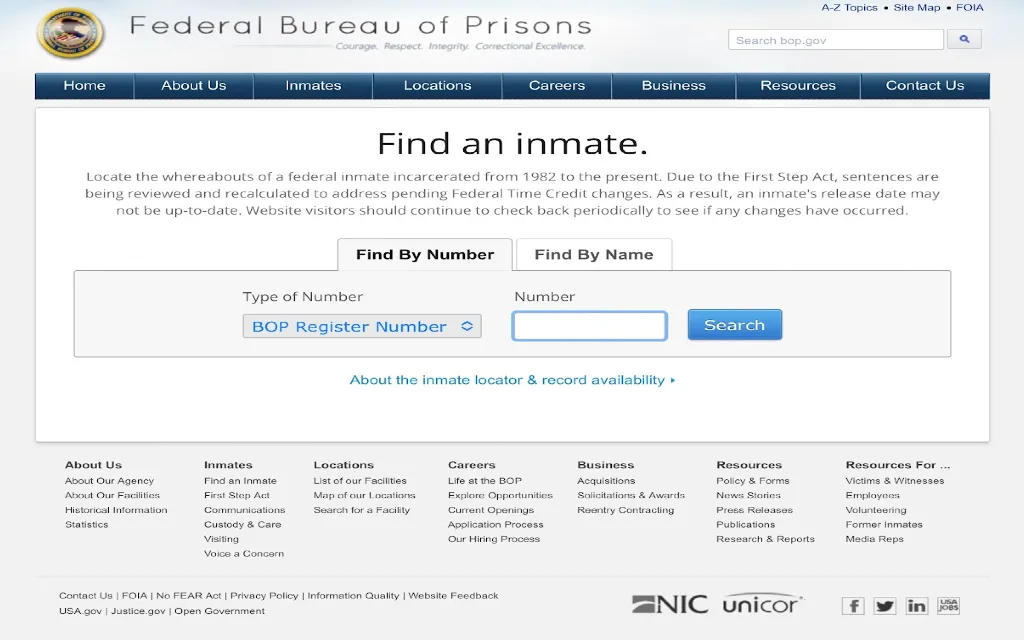
All in all, running a premarital screening is not an indication of mistrust, it is a way to ensure the union is starting off on solid footing and what challenges the couple may face. Using a background search service is the quickest way to learn about a potential spouse. Learning how to uncover someone’s secret past is the first step in conducting a marriage background check.
Frequently Asked Questions
To Get a Marriage License, Will I Have to Pass a Background Check?
A background check is not a requirement for a marriage license. However, if either party was previously married, they must provide proof the prior union was legally dissolved at the time of application along with identification payment of the marriage license fee.
What Happens If You Marry Someone With a Criminal Record?
Marrying someone with a criminal record can negatively impact both parties. A person with a criminal past may have difficulty obtaining employment or may be restricted regarding where he or she can reside or may present a danger to their spouse’s children. Additionally, if the party with the criminal history is paying fines, restitution, or other court-ordered fees, it can create a financial burden on the couple.
In situations regarding marriages between a citizen and an immigrant, a criminal record can severely negatively impact both parties and the application for naturalization or citizenship.
1 National Sex Offender Registry. (n.d.). United States Department of Justice National Sex Offender Public Website. Retrieved July 8, 2022, from <https://www.nsopw.gov>
2 25.18.4 Collection of Taxes in Community Property States. (2018, February 27). Internal Revenue Service. Retrieved July 8, 2022, from <https://www.irs.gov/irm/part25/irm_25-018-004>
3 Find a Case (PACER) | United States Courts. (n.d.). United States Courts |. Retrieved July 8, 2022, from <https://www.uscourts.gov/court-records/find-case-pacer>
4 HIPAA Related Links. (n.d.). HHS.gov. Retrieved July 8, 2022, from <https://www.hhs.gov/hipaa/for-professionals/privacy/guidance/related-links/index.html>
5 BOP: Federal Inmates By Name. (n.d.). Federal Bureau of Prisons. Retrieved July 8, 2022, from <https://www.bop.gov/mobile/find_inmate/byname.jsp#inmate_results>






